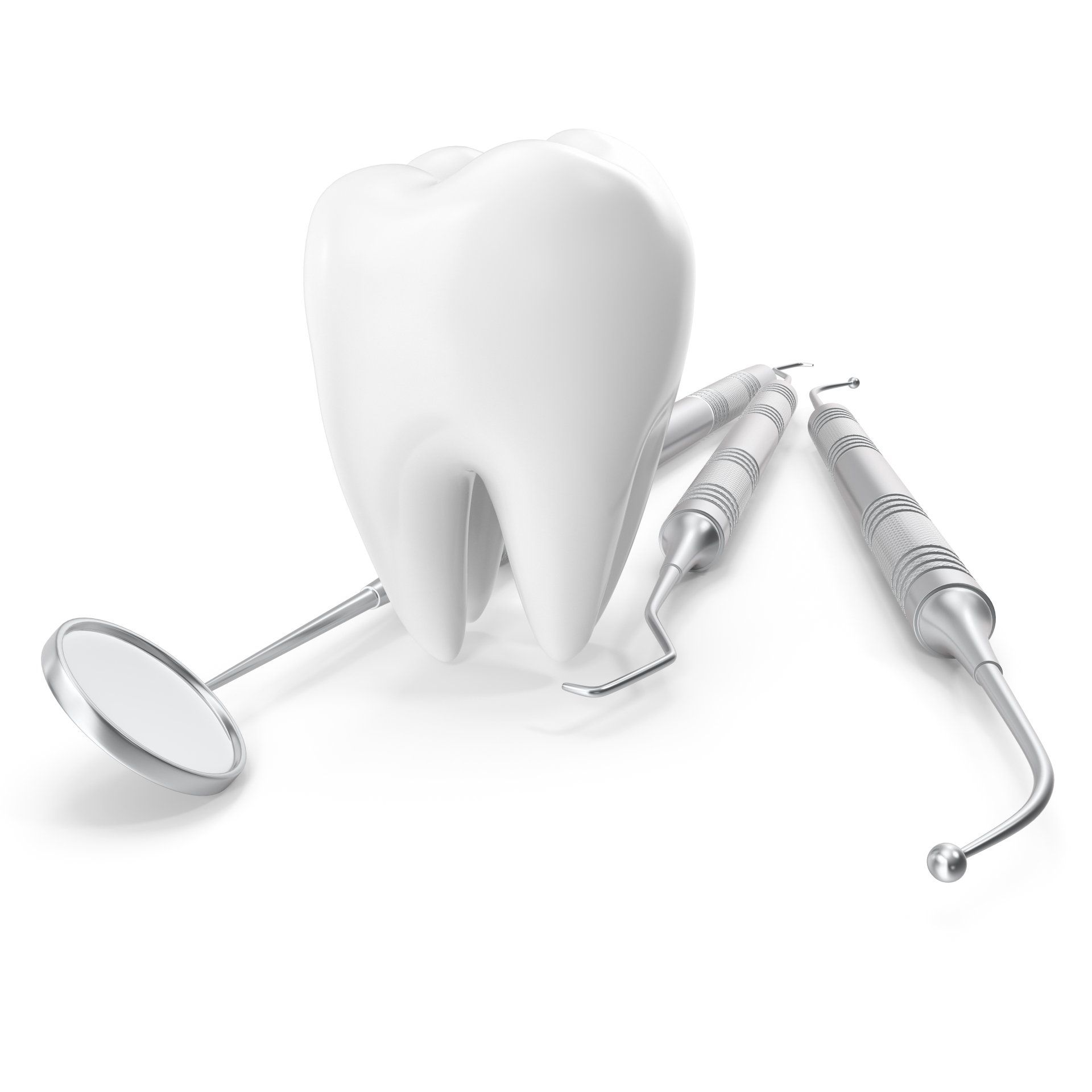Advice

If some or all of your natural teeth have fallen out or been extracted, you probably wear one or more dentures. Whether we're talking about a full or partial prosthesis, you should seek appropriate care. Here's some practical advice…
THE FITTING OF NEW PROSTHESES
To adapt gradually to your new prostheses, start by eating softer food before gradually increasing the consistency. If you notice any changes in your speech, it's a good idea to read aloud or say the words that might be problematic more often. To slow down bone resorption in your gums, we recommend removing your dentures after each meal to clean them and massage your gums with a soft-bristled toothbrush.



